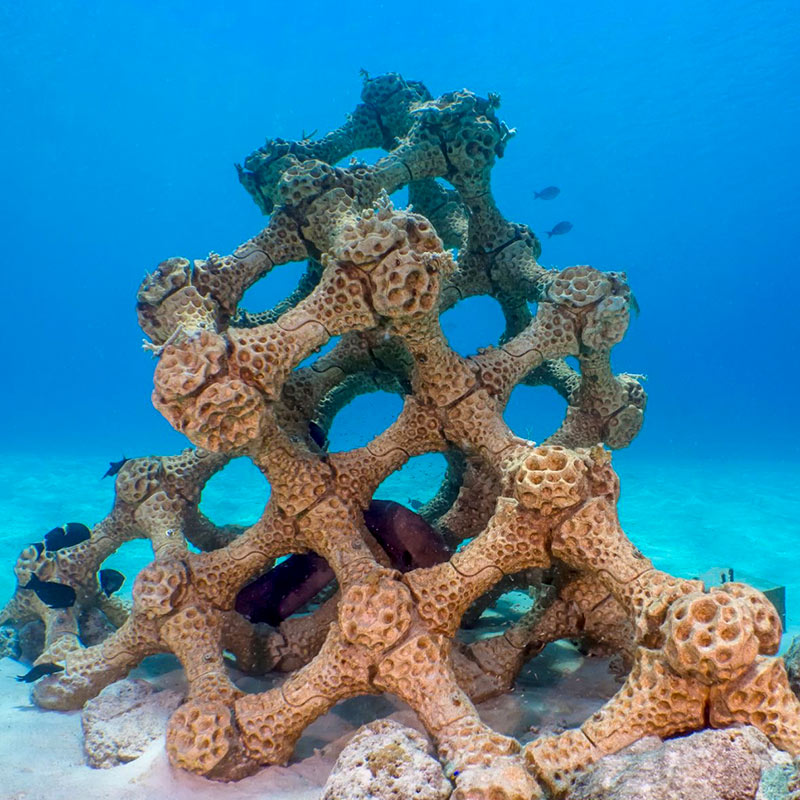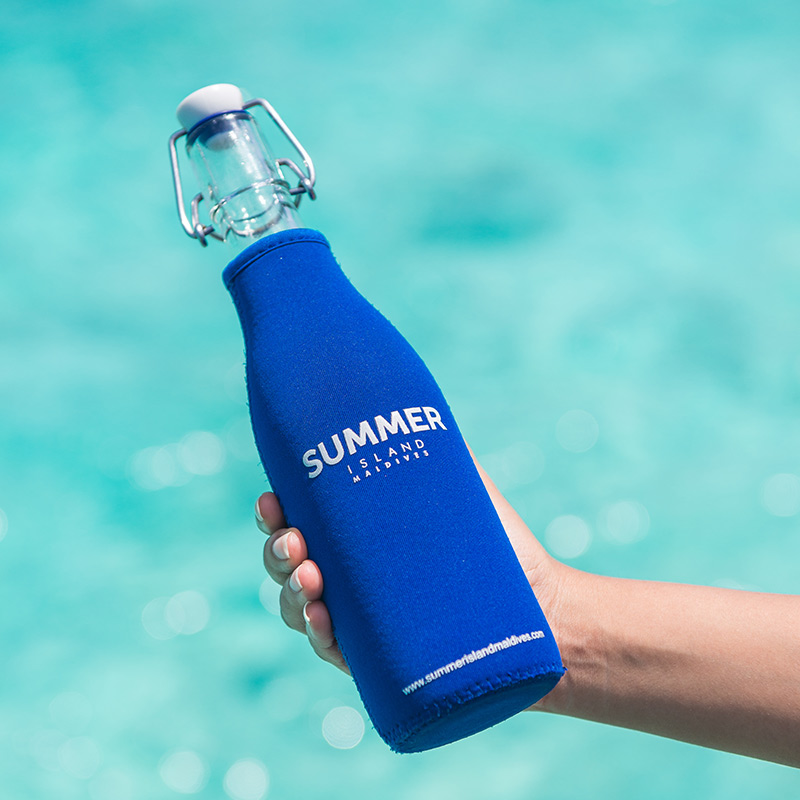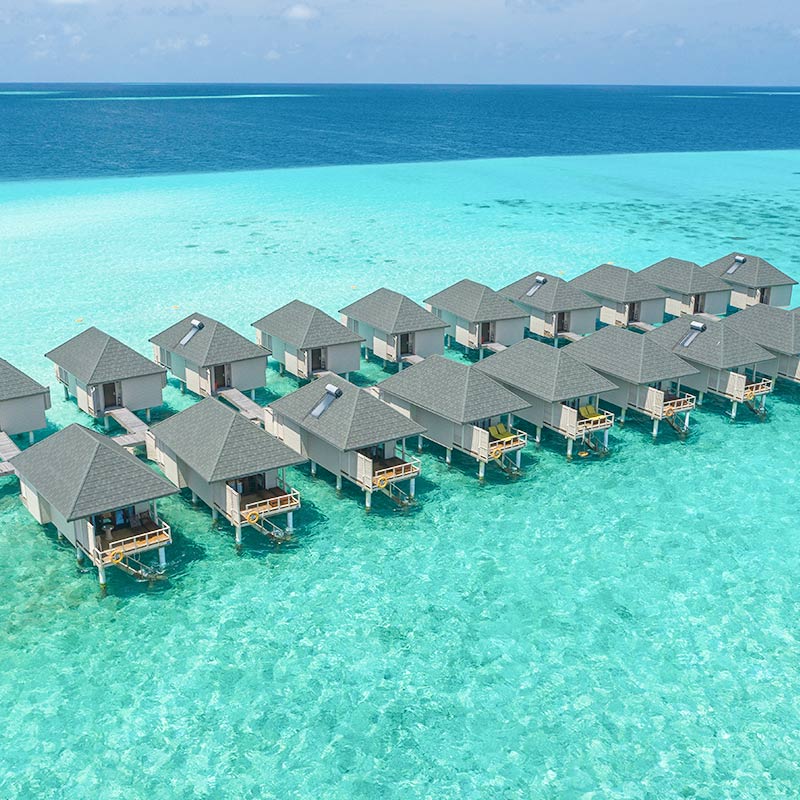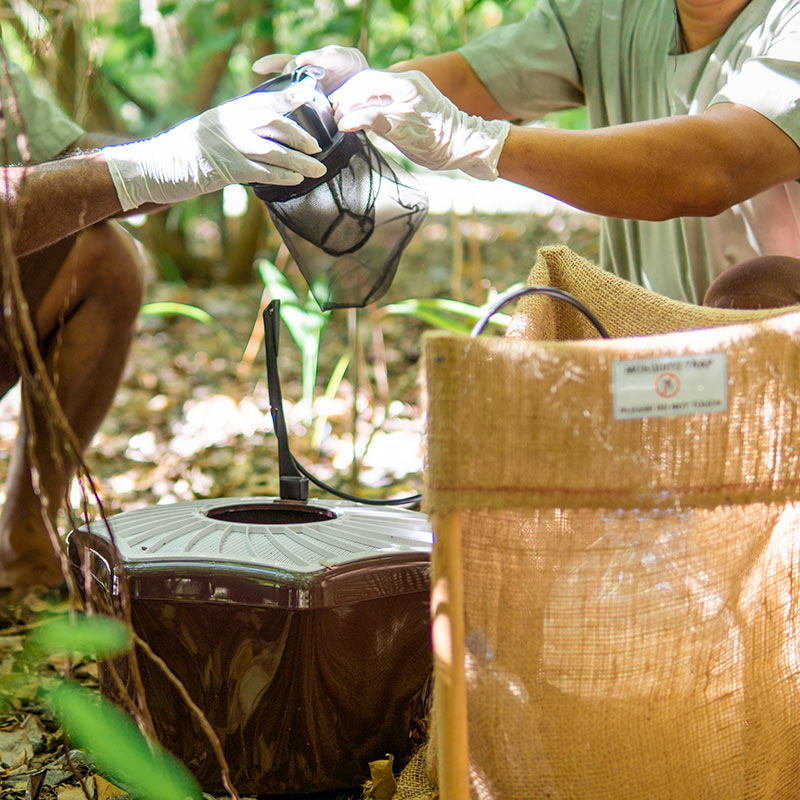Ausstieg aus der Verwendung von Einwegplastik
Summer hat die Verwendung von Einweg-Plastikwasserflaschen in allen Zimmern und Restaurants eingestellt und sie durch wiederverwendbare Glasflaschen ersetzt, die mit Trinkwasser aus der Umkehrosmoseanlage der Insel gefüllt sind. Auch die Plastikflaschen für Erfrischungsgetränke an der Bar wurden abgeschafft und durch wiederverwendbare Dosengetränke ersetzt. Einweg-Plastiktüten werden im Laden nicht mehr verwendet, sondern durch Stofftaschen ersetzt. Vor kurzem haben wir die kleinen Einweg-Plastikwasserflaschen, die auf unseren Booten verwendet werden, durch kleine wiederverwendbare Glasflaschen ersetzt, die mit ihren eigenen Summer Island Neoprenanzügen ausgestattet sind, um Bruch zu vermeiden! Summer Island arbeitet mit der in Großbritannien ansässigen Nichtregierungsorganisation Common Seas zusammen, um die verbleibenden Einwegplastikartikel in unserem Resort und in der Lieferkette zu beseitigen.



